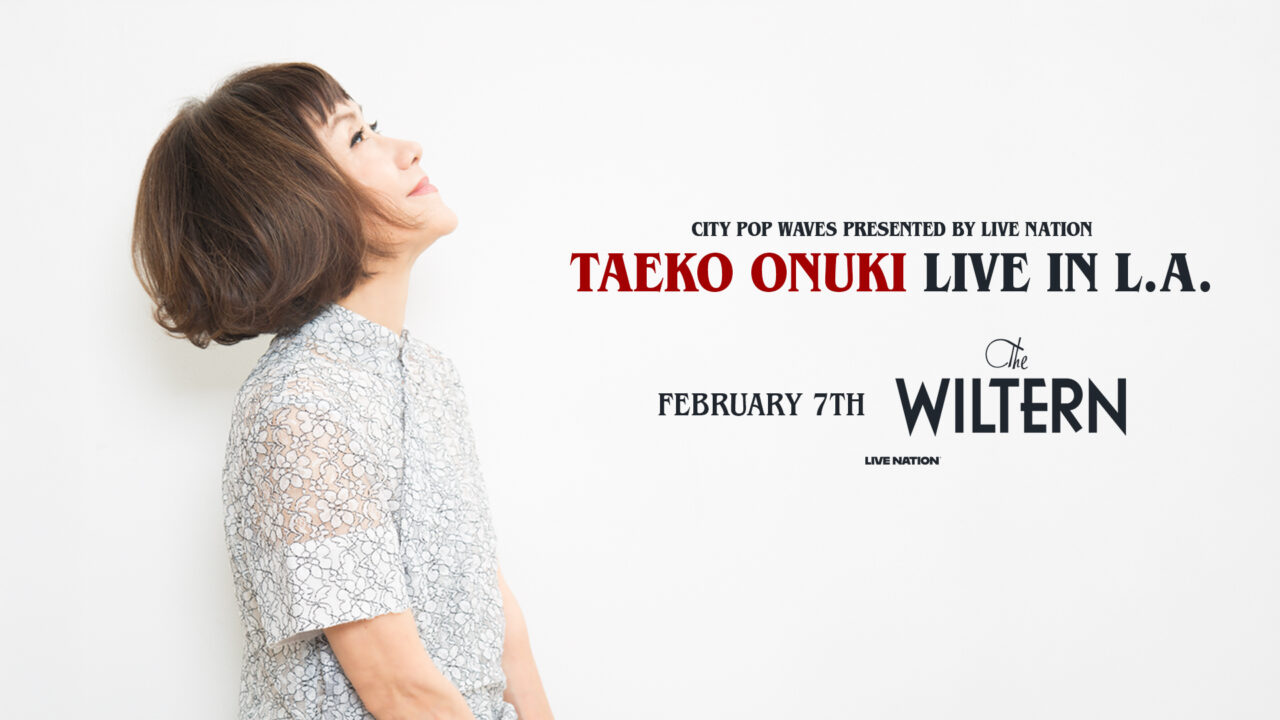INDEX
Mutual Understanding in Practice: How Helsinki Lambda Club Approaches the Divide
“Tamani Kimi no Koto wo Omoidashite Shimau Yona (I sometimes find myself thinking about you)” was born from the desire to create the most pop-oriented song yet. What inspired you to take on a more pop approach?
Hashimoto: Lately, Helsinki Lambda Club has been exploring more of a psychedelic sound, and some close to me have suggested that I should stick with this direction. But for me, pop music is also something I want to dive into. I believe Helsinki is a band that has the freedom to experiment with both.
In the past, I’ve intentionally crafted songs with the goal of reaching a wider audience, but as time passes, I’m increasingly aware of the feeling that “I’m probably out of sync with the mainstream” [laughs]. “Tamani Kimi no Koto o Omoidashite Shimau Yona” is, in my eyes, my boldest attempt to embrace pop music. I’m proud to have released it, but at the same time, it’s a test to see how much it truly fits within the pop sphere and a way to measure just how offbeat it might still be.
Why do you feel like you’re “out of sync with the mainstream”?
Hashimoto: For example, many of my favorite songs by artists are often the 7th or 8th most popular track listed on their streaming artist page [laughs]. It makes me realize that my taste in music is different from others. Also, while I don’t think we’re unsuccessful, I do always feel that Helsinki Lambda Club could be bigger.

Through crafting a “Helsinki-style pop song,” I realized that our effort to gauge how far we diverge from the mainstream is truly an exercise in mutual understanding. For “Tama ni Kimi no Koto wo Omoidasite Shimau Yo na,” we welcomed producer Hirohisa Horie back for the first time in a while. What insights did the band gain from working with an outside producer?
Hashimoto: Horie guided us with the philosophy of “let’s focus on what we can express live,” which led to a process that truly respected what we could do as a four-piece band, including the supporting members. It was a learning experience in many ways. And through it all, I was reminded that, despite experimenting with various approaches like programming, Helsinki is fundamentally a band. We’ve ventured into different areas, but at the core, it’s an organic, human connection-driven band. And sometimes, that leads to contradictions.

























